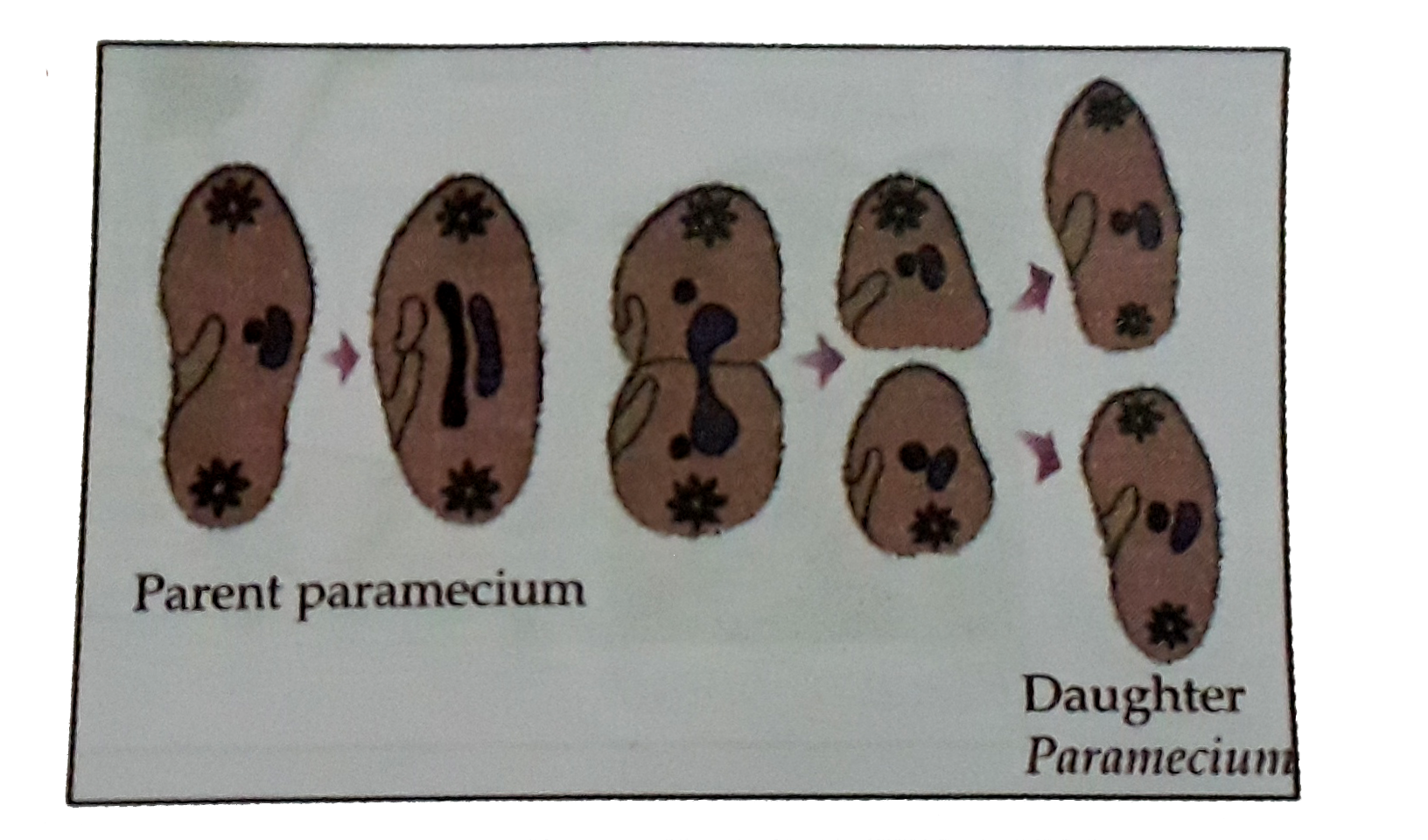Mention the types of fission of a covalent bond?
Text Solution
There are three types of fission of a covalent bond.They are (i) Homolytic cleavage (ii) Heterolytic cleavage
|
Updated on:21/07/2023
Topper's Solved these Questions
- BOOK - FULL MARKSCHAPTER - BASIC CONCEPTS OF ORGANIC REACTIONS EXERCISE - Additional Questions Solved (5-Marks Question)10videos
BASIC CONCEPTS OF ORGANIC REACTIONS
- BOOK - FULL MARKSCHAPTER - BASIC CONCEPTS OF ORGANIC REACTIONS EXERCISE - Additional Questions Solved (Assertion and Reason)4videos
BASIC CONCEPTS OF ORGANIC REACTIONS
- BOOK - FULL MARKSCHAPTER - BASIC CONCEPTS OF CHEMISTRY AND CHEMICAL CALCULATIONS EXERCISE - Additional Questions Solved(5-Mark Questions)29videos
BASIC CONCEPTS OF CHEMISTRY AND CHEMICAL CALCULATIONS
- BOOK - FULL MARKSCHAPTER - CHEMICAL BONDING EXERCISE - ADDITIONAL QUESTIONS SOLVED (5-MARK QUESTIONS)14videos
CHEMICAL BONDING
Similar Questions
Knowledge Check
- Question 1 - Select One
Heterolytic fission of a covalent bond in organic molecules gives
Afree radicalsBcations and anionsConly cationsDonly anions - Question 2 - Select One
(A) Heterolytic fission involves the breaking of a covalent bond in such a way that both the electrons of the shared pair are carried away by one of tha atoms.
(R) Heterolytic fission occurs readily in polar covalent bonds.AIf both (A) and (R) are correct and (R) is the correct explanation of (A).BIf both (A) and (R) are correct but (R) is not the correct explanation of (A).CIf (A) is correct but (R) is incorrect.DIF (A) is incorrect but (R) is correct. - Question 3 - Select One
Two types of carbon− carbon covalent bond lengths are present in
AdiamondBgraphiteCC60Dbenzene
Assertion : A free radical is paramagnetic species.
Reason : A free radical is formed in homolytic fission of covalent bond.View SolutionAll three types of bonds (ionic, covalent and dative) are present in
View SolutionTwo types of carbon− carbon covalent bond lengths are present in
View SolutionHomolytic fission of a covalent bond leads to the formation of
(a) electrophile
(b) nucleophile
(c) free radical
(d) carbocation
(e) carbanionView SolutionIn Homolytic fission of covalent bond ____ is formed
View Solution


